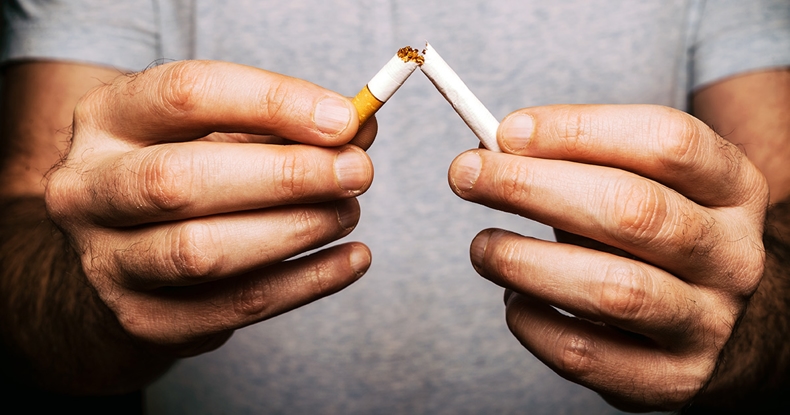7 Ways To Keep Lungs Healthy
- Category: Lung Health
- Posted On:
- Written By: LVMC Editorial Staff

Don't take your lungs for granted. They are essential for life, even if you don't think about them. That's why it is crucial to prioritize your lung health. These helpful recommendations can help you breathe easier and keep your lungs healthy.
1. Don’t Smoke
Smoking is the number one cause of lung disease and contributes strongly to COPD and lung cancer. Smoking causes chronic inflammation in the lungs that can make breathing more difficult and destroys lung tissue. If you’re a non-smoker, don’t start smoking. If you smoke, talk to your doctor about smoking cessation aids that can help you quit.
2. Exercise Regularly
Exercise strengthens your lungs and boosts your immune system to help you ward off infections such as pneumonia and bronchitis. Certain exercises can also strengthen your diaphragm and the muscles between your ribs that help you breathe. Combine cardio exercises such as running, walking, and swimming with strength training exercises to strengthen your lungs and breathing muscles.
3. Breathe Clean Air
Indoor and outdoor air pollutants such as secondhand smoke, radon, and vehicle exhaust can cause or worsen lung problems. Take steps to make sure you and your family are breathing in as much clean air as possible, such as testing your home regularly for radon and taking walks away from busy roads that expose you to large volumes of vehicle exhaust.
4. Wash Your Hands Regularly
Washing your hands often can remove germs and bacteria that contribute to illnesses such as pneumonia and bronchitis that increase your risk for lung disease. Be mindful of the surfaces you touch with your hands, and avoid touching your eyes, mouth, or nose if you cannot wash your hands right away.
5. Stay Up to Date on Vaccines
Talk to your doctor about the recommended vaccine schedule for you and your children, and stay up to date on vaccinations—particularly the flu vaccine. You may also be a candidate for the pneumonia vaccine, especially if you have a chronic health condition such as asthma or heart disease. Vaccines can help reduce your risk of developing lung disease.
6. Eat the Right Foods For Lung Health
Some foods contain nutrients that help protect your lungs and optimize lung function. Talk to your doctor or a nutritionist about foods you can add to your diet that is great for lung health. Apples, blueberries, peppers, pumpkins, yogurt, lentils, and beets are all beneficial for lung health, along with green tea, coffee, olive oil, and turmeric.
7. Do Breathing Exercises
Deep breathing and other breathing exercises can increase the capacity of your lungs to make breathing easier. In particular, diaphragmatic breathing involves being aware of the diaphragm muscle, which separates organs in the abdomen from your lungs. Ask your doctor to show you some breathing exercises that can benefit your lung health.






